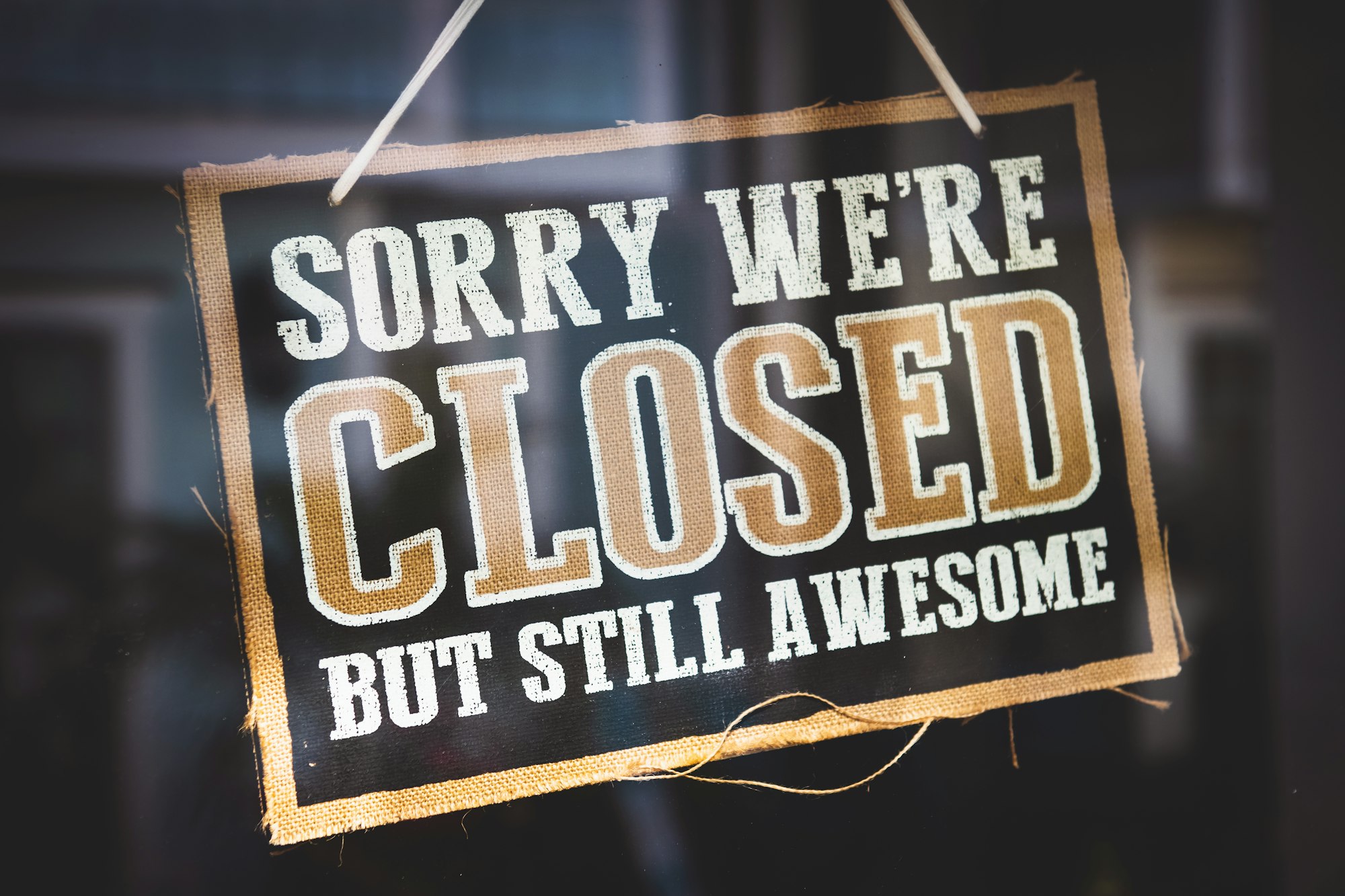Teaching Deep: An Introduction
Teaching without reflection is just throwing stuff against a wall and hoping it sticks.

In my classes, I always try to stress the importance of reflection because that’s where the learning really happens. Until we reflect, until we go back and take stock of our journey—ya know, really look at it in an honest way with the new eyes that our education has gifted us—we're just doing things. Teaching without reflection is throwing stuff against a wall and hoping it sticks, to paraphrase and reapply (or maybe mis-apply...mea culpa!) my friend, The Independent Educator.
Teachers should practice what we preach, especially if we are to become the lifelong learners that so many of our school’s mission statements encourage us to be. Therefore, I am starting this series of posts in which I’m going to get reflective—uncomfortably reflective, perhaps—about the practice of teaching.
Specifically, I want to consider the ways in which I have been a shallow teacher, a teacher who overvalues shallow things like deadlines and paper formatting, a teacher who pushes paper, a teacher who views his work as a to-do list rather than as a group of human beings who already belong to our human community and have so much to offer.
In short, what I’m looking to do here is reflect on the ways in which I’ve allowed my work as a teacher to become a job rather than a vocation.
Deep Work and Teaching Deep
Cal Newport’s notion of deep work will serve as a sort of guiding beacon for this vigorous excoriation of my teaching soul. If you aren’t familiar with Dr. Newport’s thinking, if you haven’t read Deep Work, if you don’t follow his blog—Study Hacks—I highly suggest you do!
Newport, a computer science professor at Georgetown, has spent his spare time attempting to hack the human brain in hopes of figuring out how we can unlock the greatest potential and productivity in our work. (As a teacher, I study human brains too…or…at least teenage brains, so thinking about how to maximize potential and productivity really should be something I’m paying attention to.)
Human beings are intended to live in the deep. The magnificent complexity of the human brain proves this: we are complex creatures unfit for the shallows. Yet, we often get duped by shiny things.
This is true of me as a teacher.
My plan here—and we all know about the best laid plans—is to write each Wednesday about some piece of pedagogy, some practice that I am trying to take from the shallow to the deep. (It's Deep Work Wednesday!) There will be personal stories (both triumphs and failures), research, tips, tricks, hacks: anything and everything laid bare for the world to see. A deep look at the nuts and bolts, the nitty and the gritty of my thoughts and experiences as a high school teacher working in the college preparatory segment of the education-industrial complex.
Of course, I will not divulge the identities of students and colleagues; FERPA—and a general code of what-it-means-to-be-a-good/decent-human-being—must be observed. But I don’t think we’re in danger of that anyway. This isn’t about my colleagues or my students; this isn’t about the institutions; this is about me.
That being said, I will absolutely shoutout the awesome work of the people that I encounter along the way. (For starters, you can find a list of such people at the bottom of this post!)
Preliminary Questions
Therefore, let’s begin with some questions that will force us into reflection:
- What does “deep teaching” look like?
- How do we create a culture of “deep work” in the classroom? (This question pertains to both my practice as a teacher and the opportunities that my students might have to do deep work in the classes I teach.)
- What does it mean to be “present” for my students and my colleagues?
- What are the tools that enable honest communication and feedback between student and teacher?
- How do we build open and honest relationships with students?
- What am I doing that genuinely helps? What am I doing that genuinely harms?
I’ve got so many questions that I need to ask myself and many more questions yet to be discovered. Questions breed questions, after all.
Table of Contents
As I work through this reflection on the practice and art of teaching, I will update this post with a sort of table of contents. See:





More to come…

A Thought About Timing
I recognize that this is an odd time to begin this endeavor. We are at the end of the school year, only a few weeks left. Moreover, we are in the midst of school closures around the globe. COVID-19 is taking its toll as I begin this project. To be honest, this global pandemic provides the impetus and the time to do this kind of work.
What has COVID-19 exposed about my practice? So much!
Moreover, while I try to dedicate my summers to other projects—mainly writing, hanging with my wife and my son, and practicing anger management on the golf course—reflecting over the summer will hopefully launch me into the next school year with a renewed sense of purpose, some tricks to try, and hope that students will rediscover the joy in learning, rather than feeling that school is something that is being done to them.
One More Note:
At present, this blog does not have comments enabled. I’ve thought about whether or not I want to do that, and have decided on a (hard-ish) “no” for the time being. Why? Well, I’m not sure I want to worry about comment spam and the like.
That being said, I crave your feedback on this series of posts. Therefore, if you’ve got something to say, please post it on Twitter with the hashtag #TeachingDeep. You can also follow/mention me (@sbhebert). I will do my best to check that hashtag often.
The Aforementioned Shoutouts:
I would be remiss if I didn’t shoutout these educators who inspire me. Wise sages, practiced in the pedagogical arts! They are colleagues, near and far, and they are friends. Thanks, team! (I’m sure I’ll be adding to this list as time goes on.)
